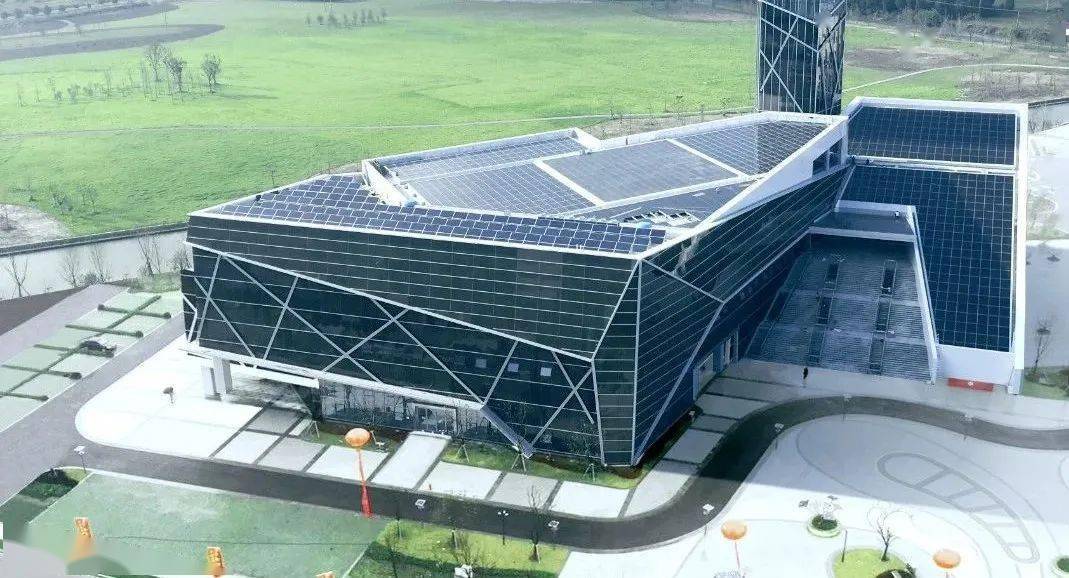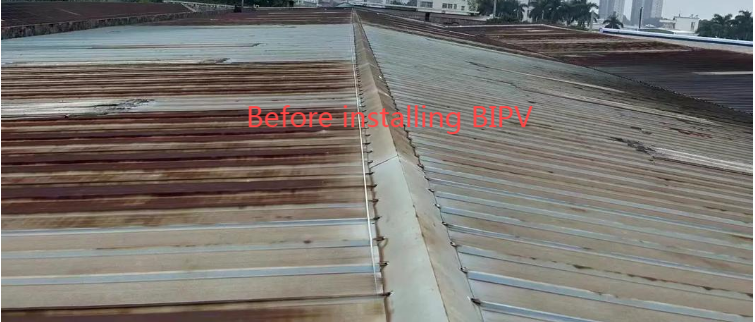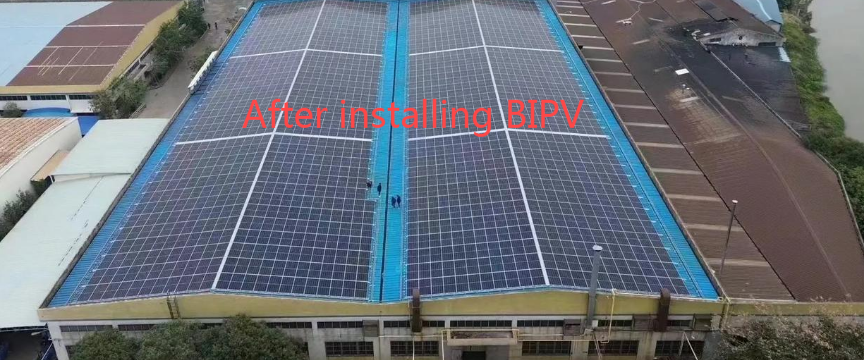Integrating solar photovoltaic modules into commercial buildings offers an excellent opportunity to significantly reduce their environmental impact. By tapping into abundant renewable energy, businesses can reduce their reliance on traditional fossil fuels, thereby lowering their carbon footprint. This aligns with the global push for sustainability and environmental responsibility, positioning the company as a leader in the transition to a green future. In addition, BIPV systems help achieve green building certifications such as LEED (Leadership in Energy and Environmental Design), thereby enhancing the overall sustainability of commercial properties.
In addition to the environmental advantages, the economic benefits of integrating solar PV modules into commercial buildings are equally compelling. By generating clean energy on-site, businesses can reduce their reliance on grid power, resulting in significant savings on utility bills. Additionally, in many regions, governments and local authorities offer incentives, rebates and tax credits for the adoption of renewable energy solutions, further enhancing the financial attractiveness of BIPV systems. This not only provides businesses with a competitive advantage but also contributes to long-term cost reduction and energy independence.

In today's rapidly evolving world, the need for sustainable energy solutions has never been greater. As businesses and industries seek to reduce their environmental impact and reduce costs, integrating solar photovoltaic (PV) modules into commercial buildings has become a game-changing solution. By harnessing the sun's energy, these building-integrated photovoltaic (BIPV) systems not only contribute to a greener planet, but also provide significant economic benefits.


From a marketing perspective, adopting a BIPV system can enhance a company's brand image and reputation. By visibly demonstrating a commitment to sustainability and environmental stewardship, businesses can attract environmentally conscious consumers and stakeholders. This can increase customer loyalty, improve brand recognition and gain a competitive advantage in the market. In addition, demonstrating modern, environmentally friendly infrastructure can attract environmentally conscious tenants and investors, increase the value of commercial properties and drive business growth.
In summary, the integration of solar photovoltaic modules into commercial buildings through BIPV systems is a key step towards a sustainable and economically viable future. By reducing environmental impact, lowering energy costs and improving brand reputation, companies can position themselves as leaders in the transition to clean energy. With the global focus on sustainability increasing, the adoption of BIPV systems provides an excellent opportunity for businesses to thrive in a greener, more sustainable world.
Post time: Aug-16-2024

